Stem Cell
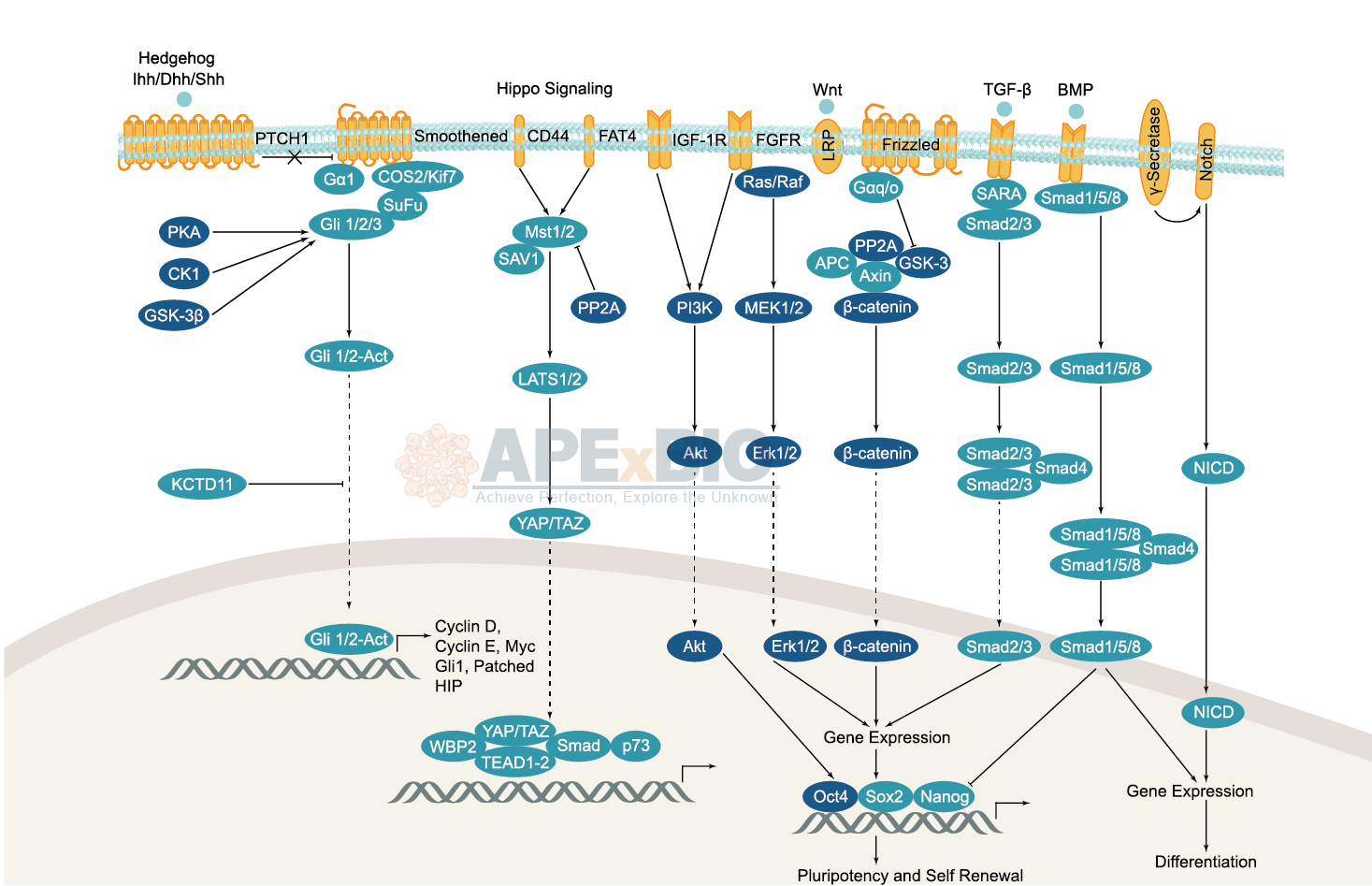
In ESC, BMP/TGF-β signaling pathway plays a key role in maintaining pluripotency and self-renewal. It signals through Smad proteins, and the FGF signaling pathway, which activates the MAPK and Akt pathways. The Wnt signaling pathway also promotes pluripotency. OCT-4, SOX2, and NANOG are three main transcription factors that are expressed and activated by these pathways. Induced pluripotent stem cells (iPSC) are pluripotent cells that can be generated from differentiated cells with forced expression of specific reprogramming factors. Both ESC and iPSC can be induced to develop into distinct cell types that associated with three primary germ layers: ectoderm, mesoderm and endoderm. Signaling pathways that control the development of these cell lineages, including BMP/TGF-β, Notch, Wnt/β-catenin, Hedgehog and Hippo pathways, which regulate cell division, growth and differentiation. Defects in stem cell signaling are related to developmental disorders and cancer.
-
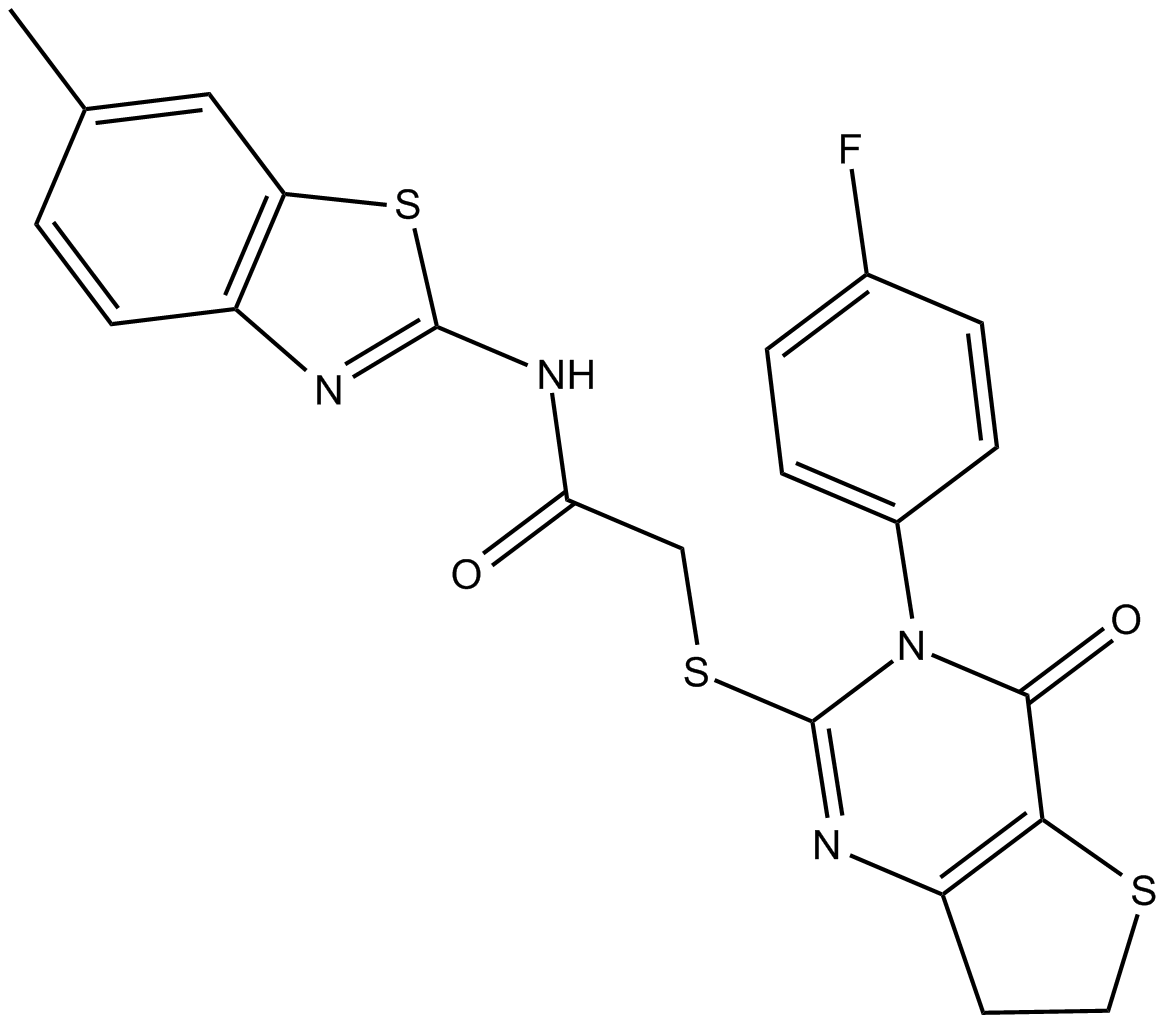 C3254 IWP-3Summary: inhibitor of Wnt production
C3254 IWP-3Summary: inhibitor of Wnt production -
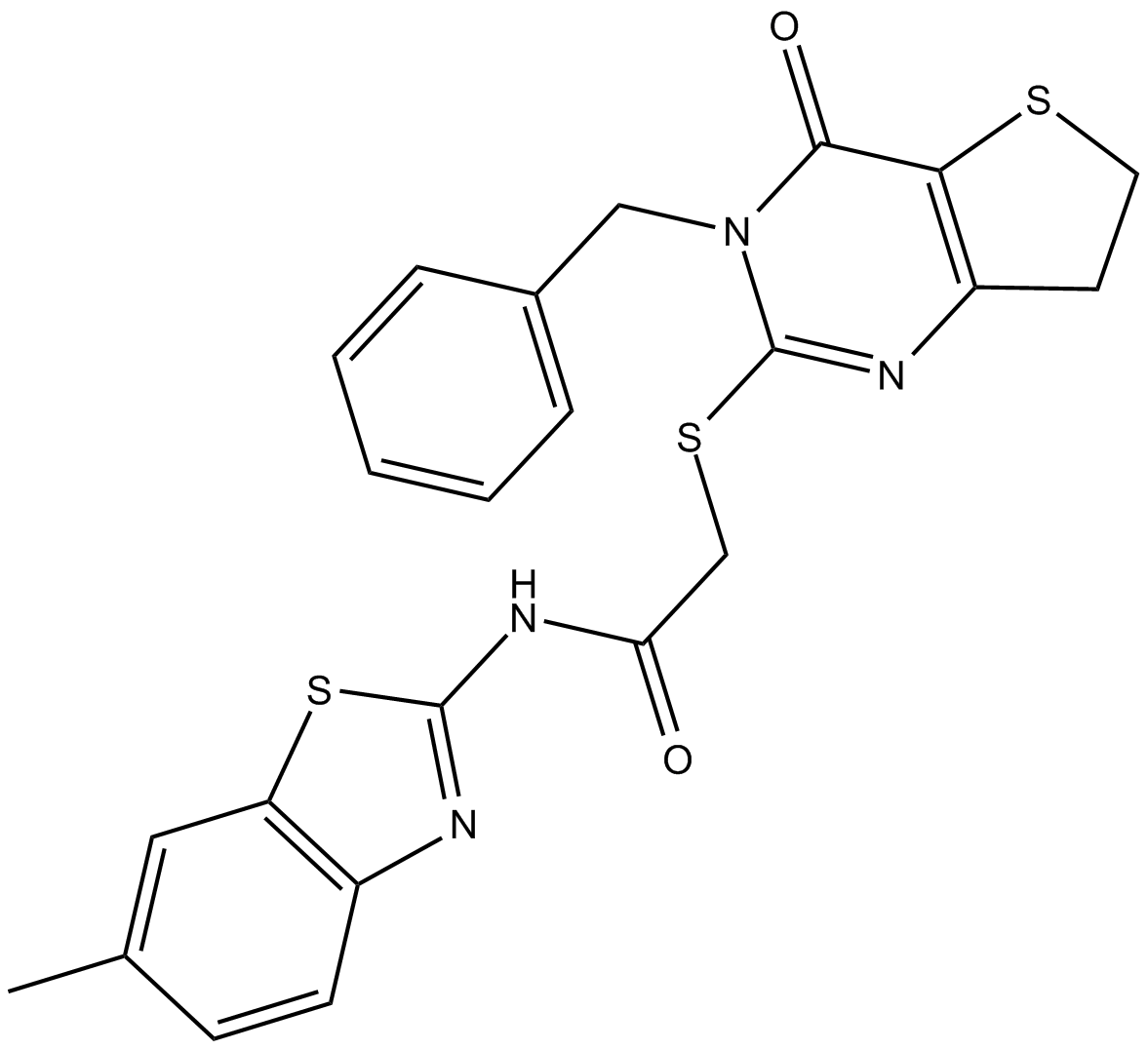 C3625 IWP-2-V2Summary: Wnt production inhibitor
C3625 IWP-2-V2Summary: Wnt production inhibitor -
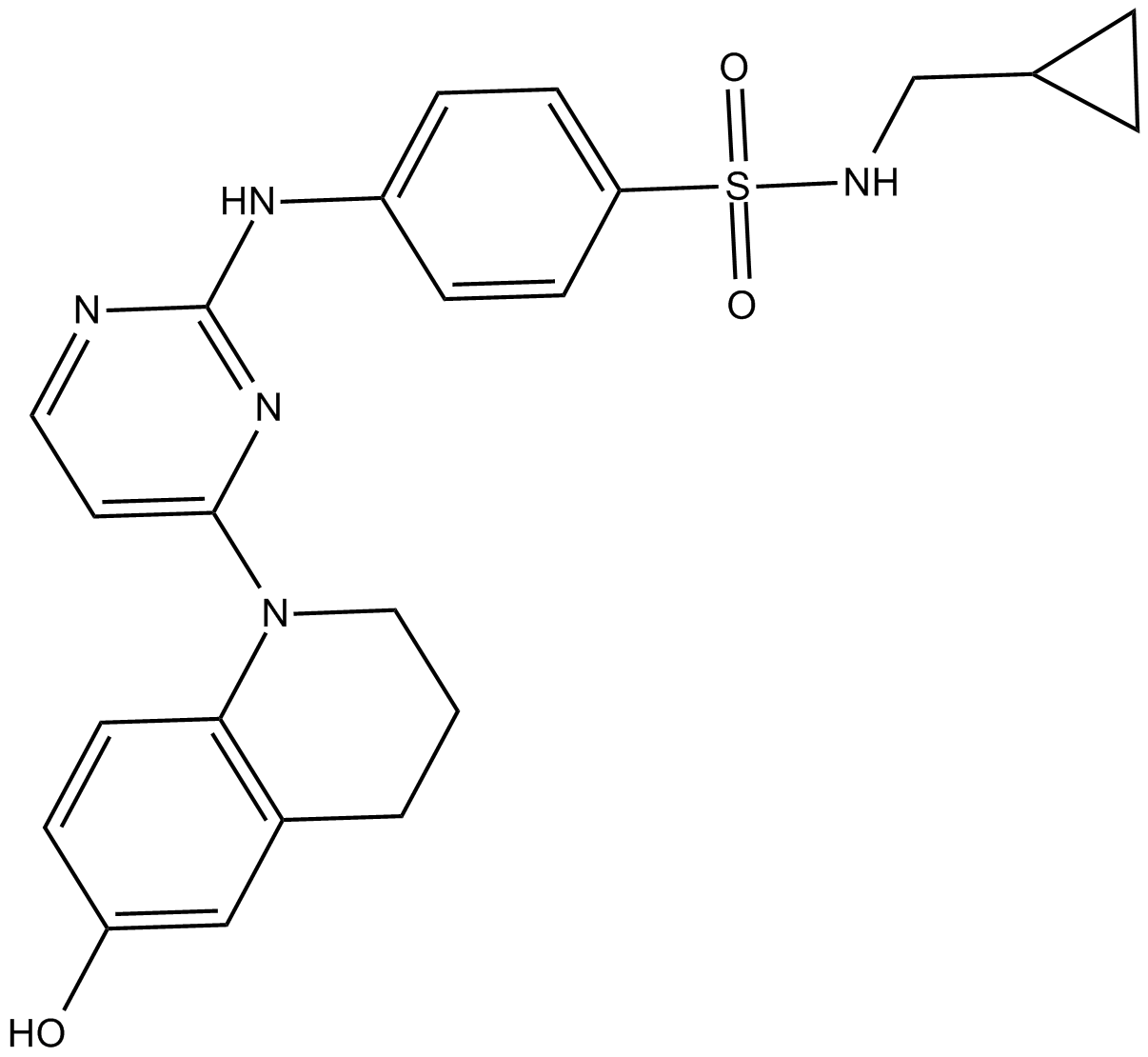 C3882 PyrintegrinSummary: enhances the survival of hESC
C3882 PyrintegrinSummary: enhances the survival of hESC -
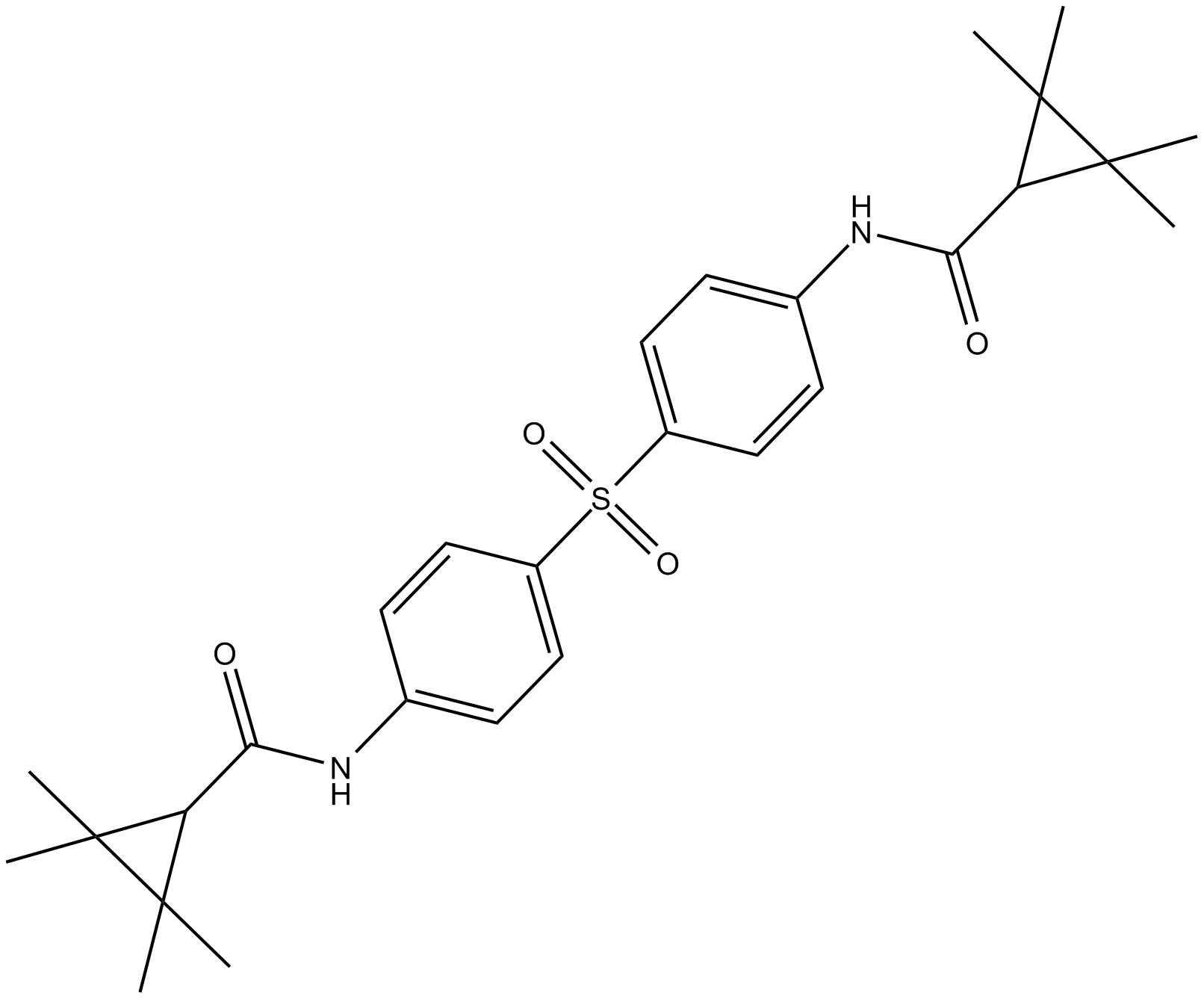 C4227 BRD7116Summary: inhibitor of leukemia stem cell activity
C4227 BRD7116Summary: inhibitor of leukemia stem cell activity -
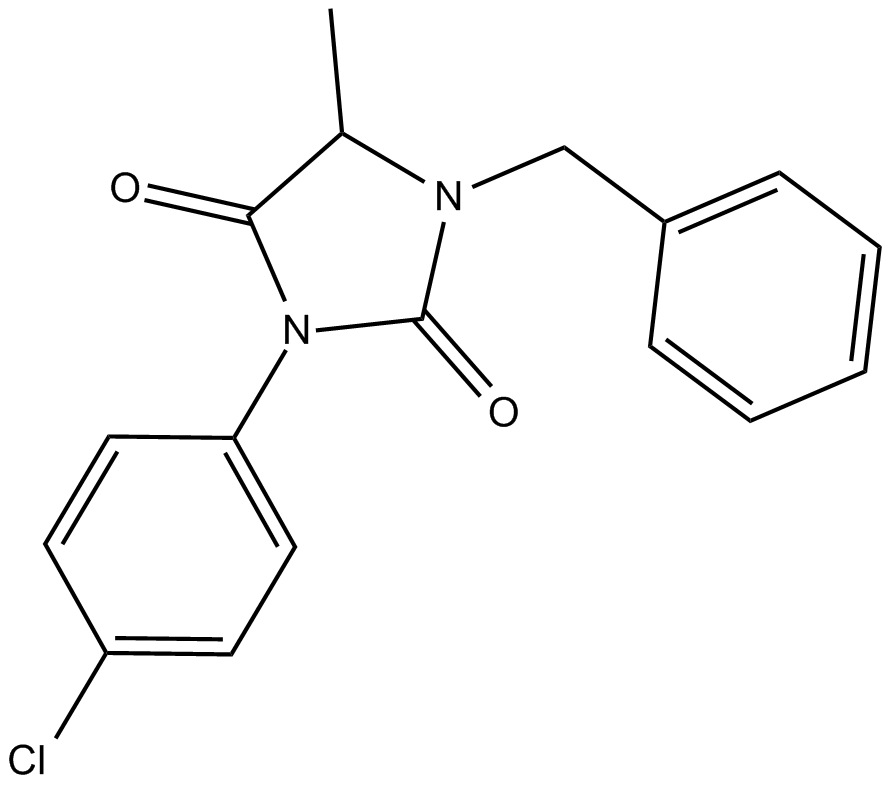 C4582 ALLO-1Summary: SMO antagonist
C4582 ALLO-1Summary: SMO antagonist -
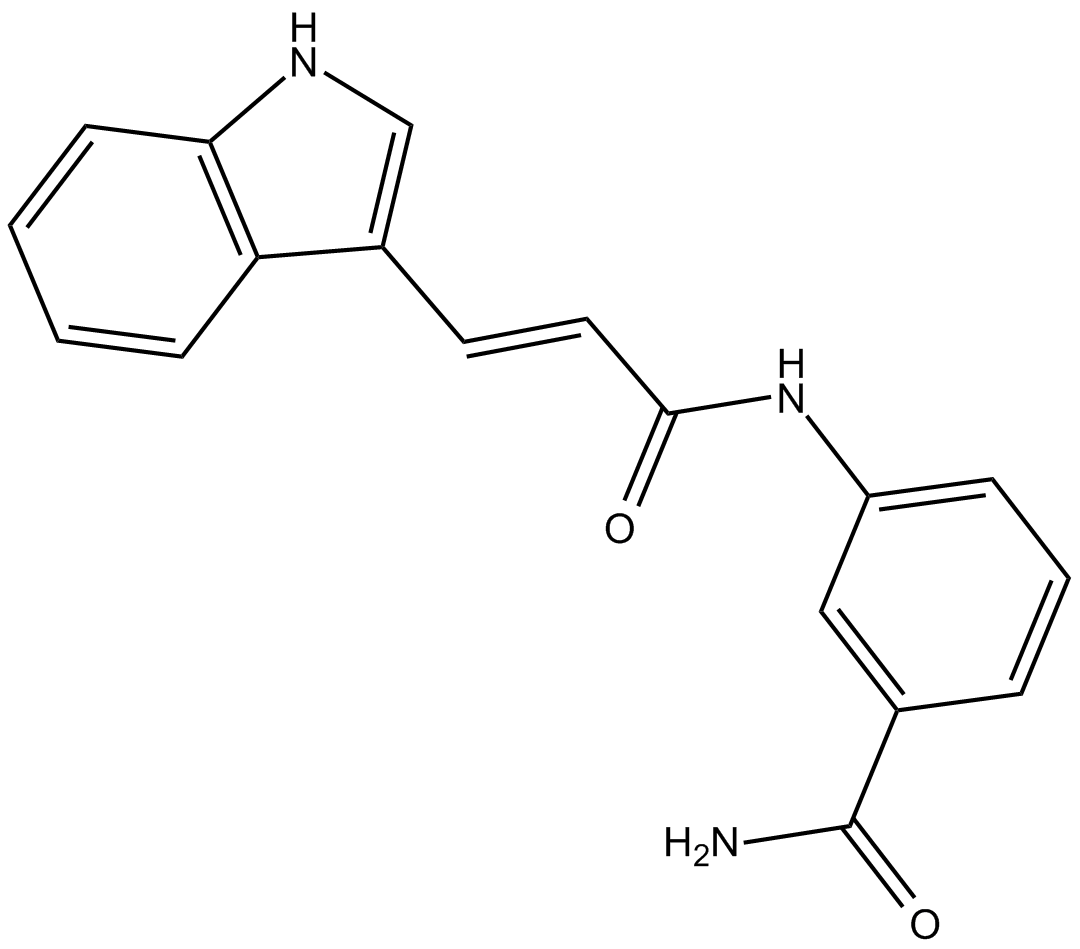 C4664 RSC-133Summary: promotes the reprogramming of human somatic cells to pluripotent stem cells
C4664 RSC-133Summary: promotes the reprogramming of human somatic cells to pluripotent stem cells -
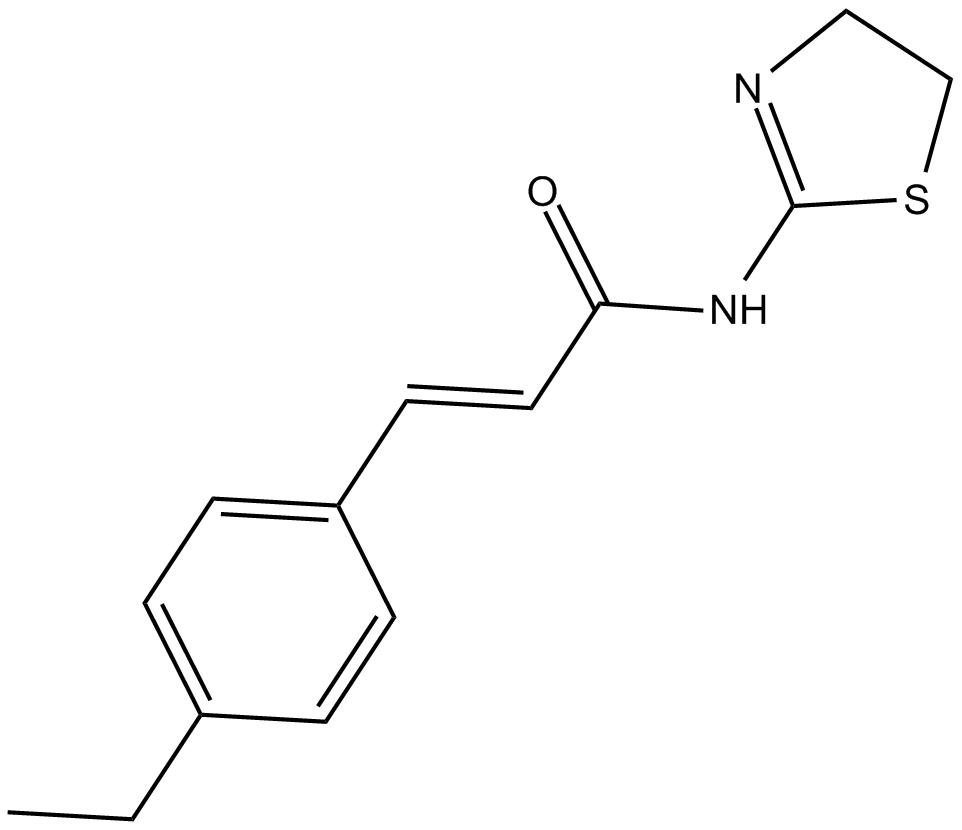 C4813 ML-243Summary: inhibitor of cancer stem cells
C4813 ML-243Summary: inhibitor of cancer stem cells -
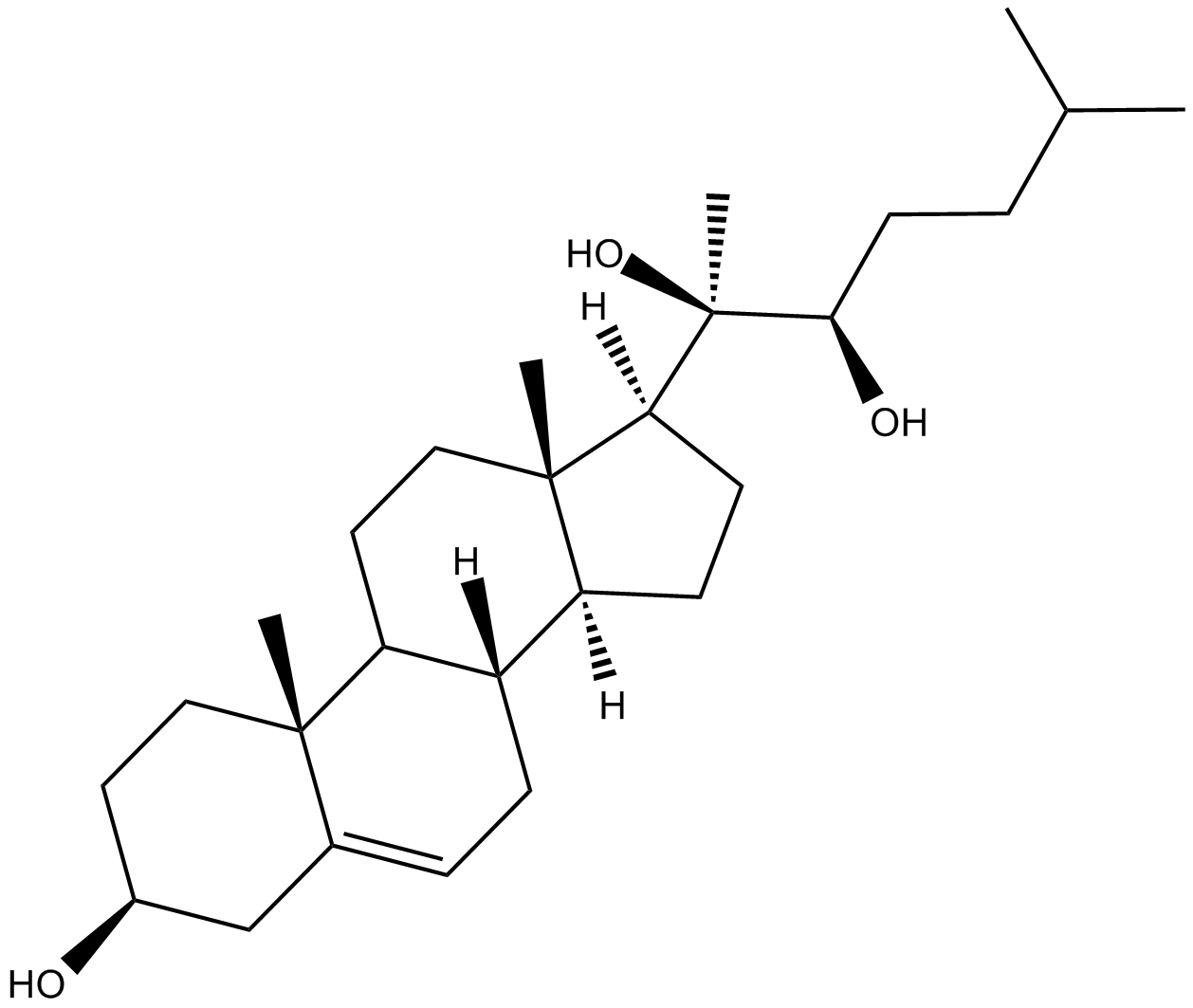 C5136 Oxy-16Summary: antagonist of hedgehog activity
C5136 Oxy-16Summary: antagonist of hedgehog activity -
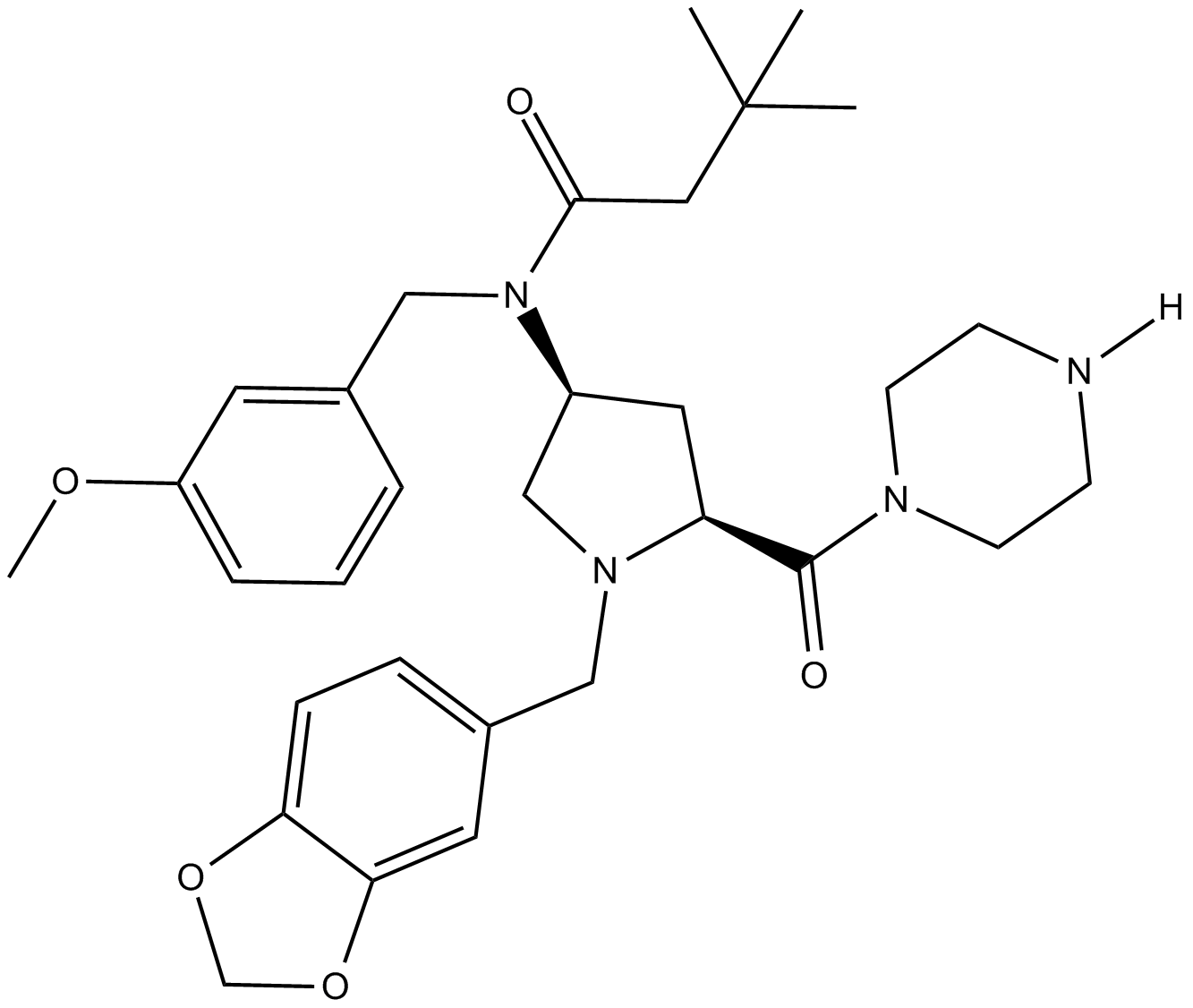 C5138 CUR 61414Summary: potent inhibitor of hedgehog-induced cellular activity
C5138 CUR 61414Summary: potent inhibitor of hedgehog-induced cellular activity -
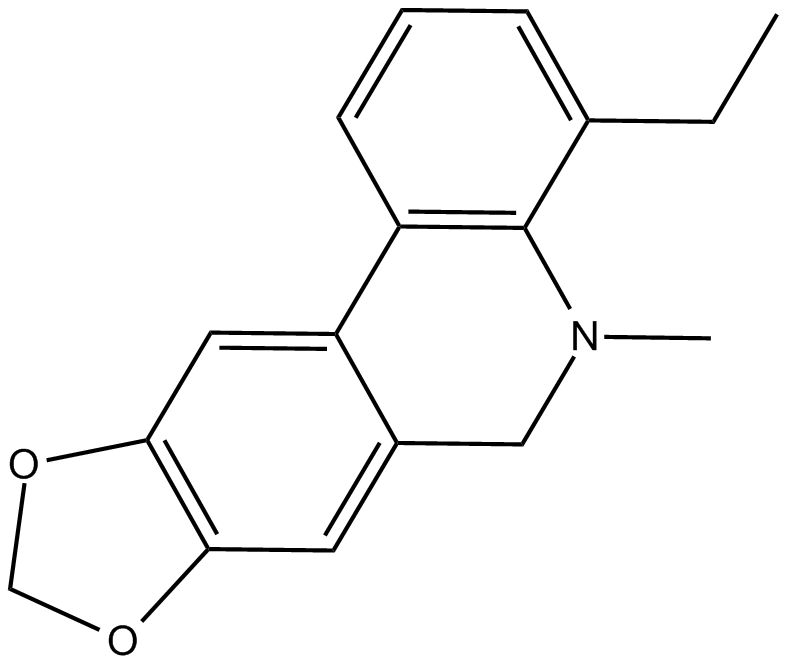 C5433 HLY78Summary: positive modulator of the Wnt/β-catenin pathway
C5433 HLY78Summary: positive modulator of the Wnt/β-catenin pathway

